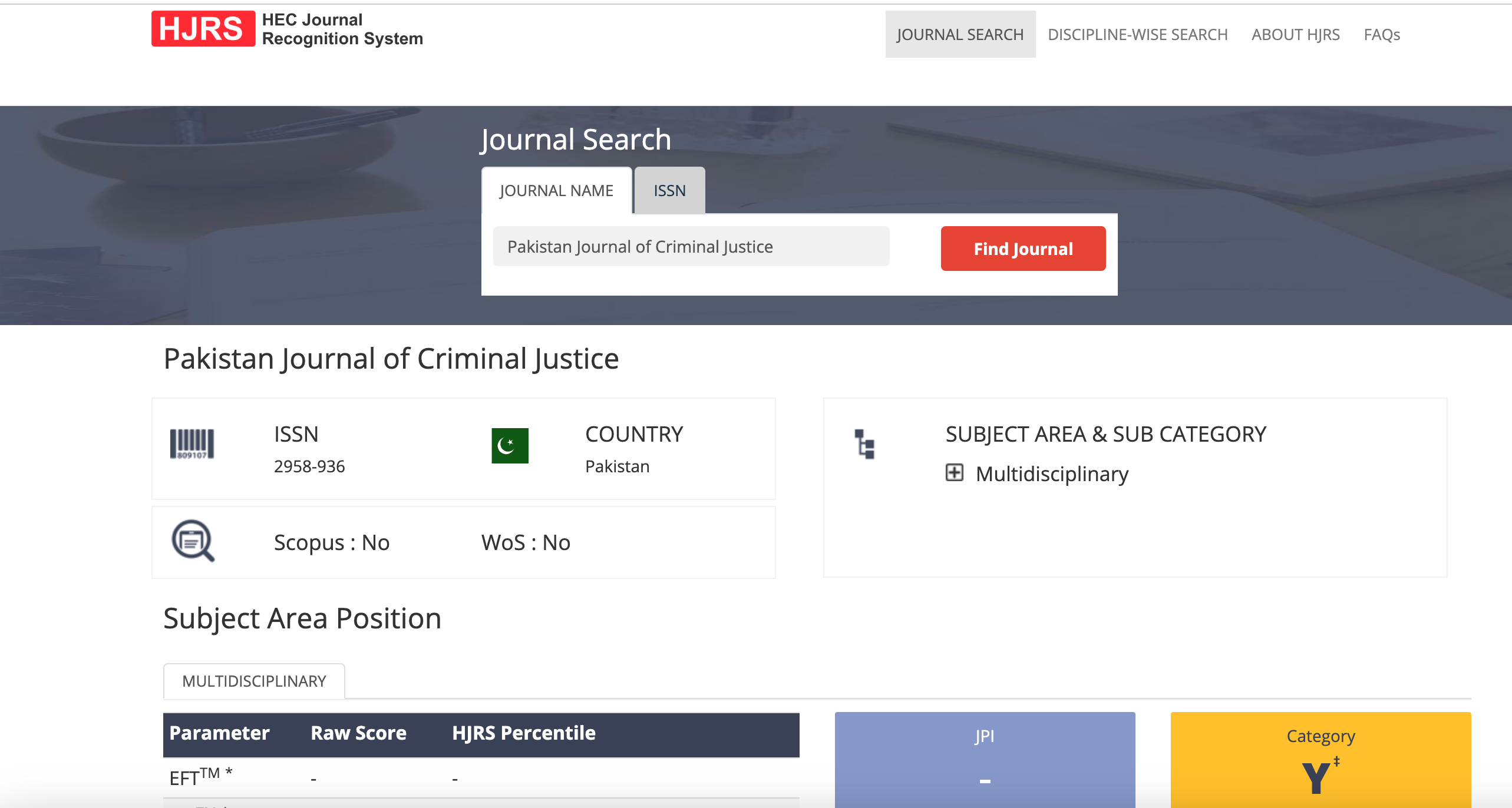Does Pakistan's Copyright and Antitrust Law Protect Creators of AI-Generated Content? A Comparative Study with European Union Jurisdictions
DOI:
https://doi.org/10.62585/pjcj.v4i1.51Keywords:
Antitrust Law, Copyright Law, Artificial intelligence, Digital RightsAbstract
With the rise of artificial intelligence (AI), how should copyright and antitrust law handle AI-created creative work? The Copyright Ordinance 1962 and Competition Act 2010 are examined in this context to examine Pakistan's legal system. This study compares Pakistan's legal system to the EU's. The study focuses on the DMA and the EU Copyright Directive (2019/790). These two laws measure Pakistan's legal strength. Compare and contrast the legal systems of Pakistan with those of the European Union to find weaknesses and opportunities for progress in Pakistan's legal structure. This study may assist Pakistani policymakers and stakeholders in finding the best methods to adapt and update current regulations to handle the evolving environment of AI-generated content creation. Additionally, the article examines how antitrust laws affect AI-generated material and whether competition limits are enough to prevent AI corporations from monopolizing authors' rights. The article examines monopolization, norms, and AI-powered media. The research intends to illuminate artists' rights issues and identify legal loopholes that might hinder AI-generated material protection. It also suggests clarifying or amending rules to accommodate AI innovation. This detailed study illuminates Pakistan's complex copyright and antitrust relationship with AI-generated material. The findings of the research have added to the digital intellectual property rights conversation by revealing future rules and safeguards for artists working with AI-generated creations. Questions have been raised about how AI-generated material affects creative rights laws. The study begins with Pakistani AI content production IP rights. The research explores authorship, originality, and rights in the future when human programmers and algorithmic computers collaborate on creative creations. The study found that Pakistan's copyright and antitrust legislation does not address rising infringement problems, so aggrieved parties may have to use conventional remedies.
Downloads
Published
How to Cite
Issue
Section
License
Copyright (c) 2024 Shahzada Aamir Mushtaq, Khurram Baig, Syed Wajdan Rafay Bukhari , Waqas Ahmad

This work is licensed under a Creative Commons Attribution-NonCommercial 4.0 International License.





